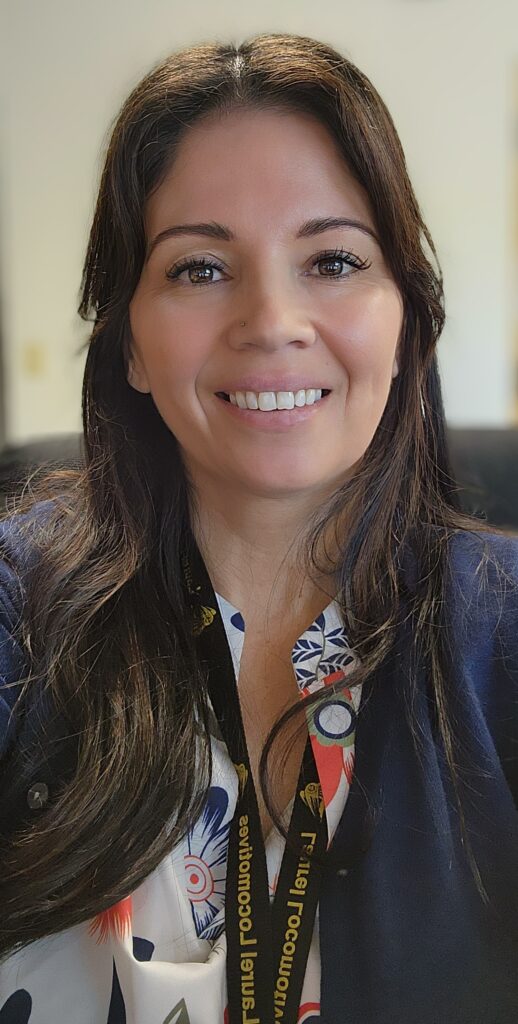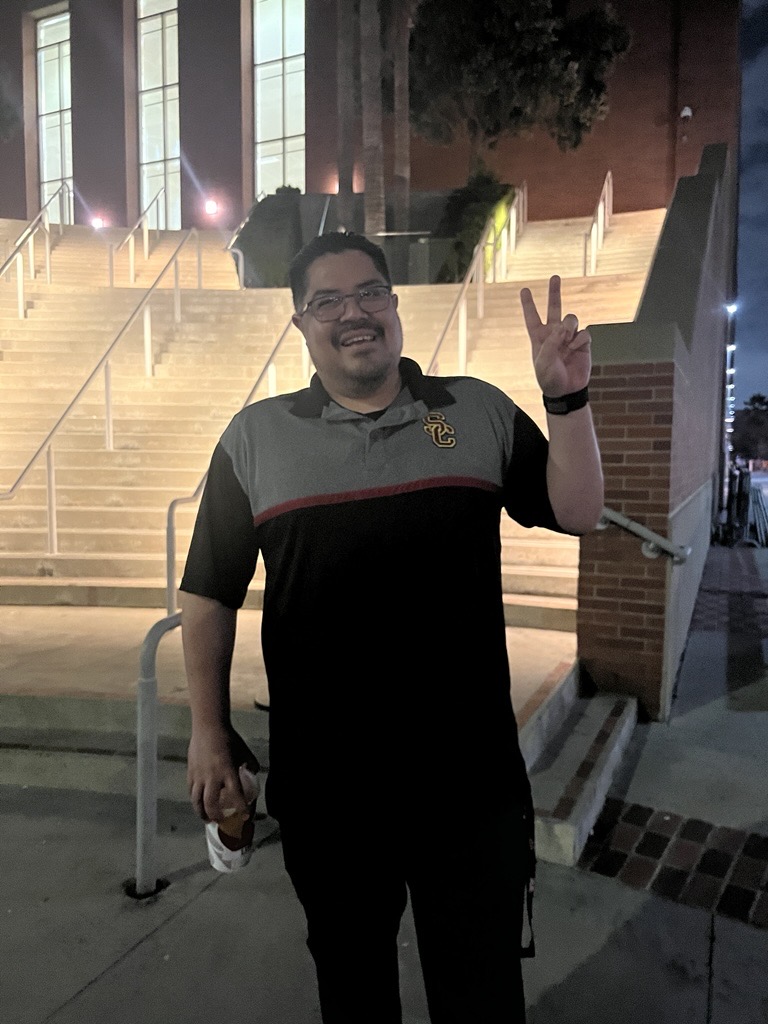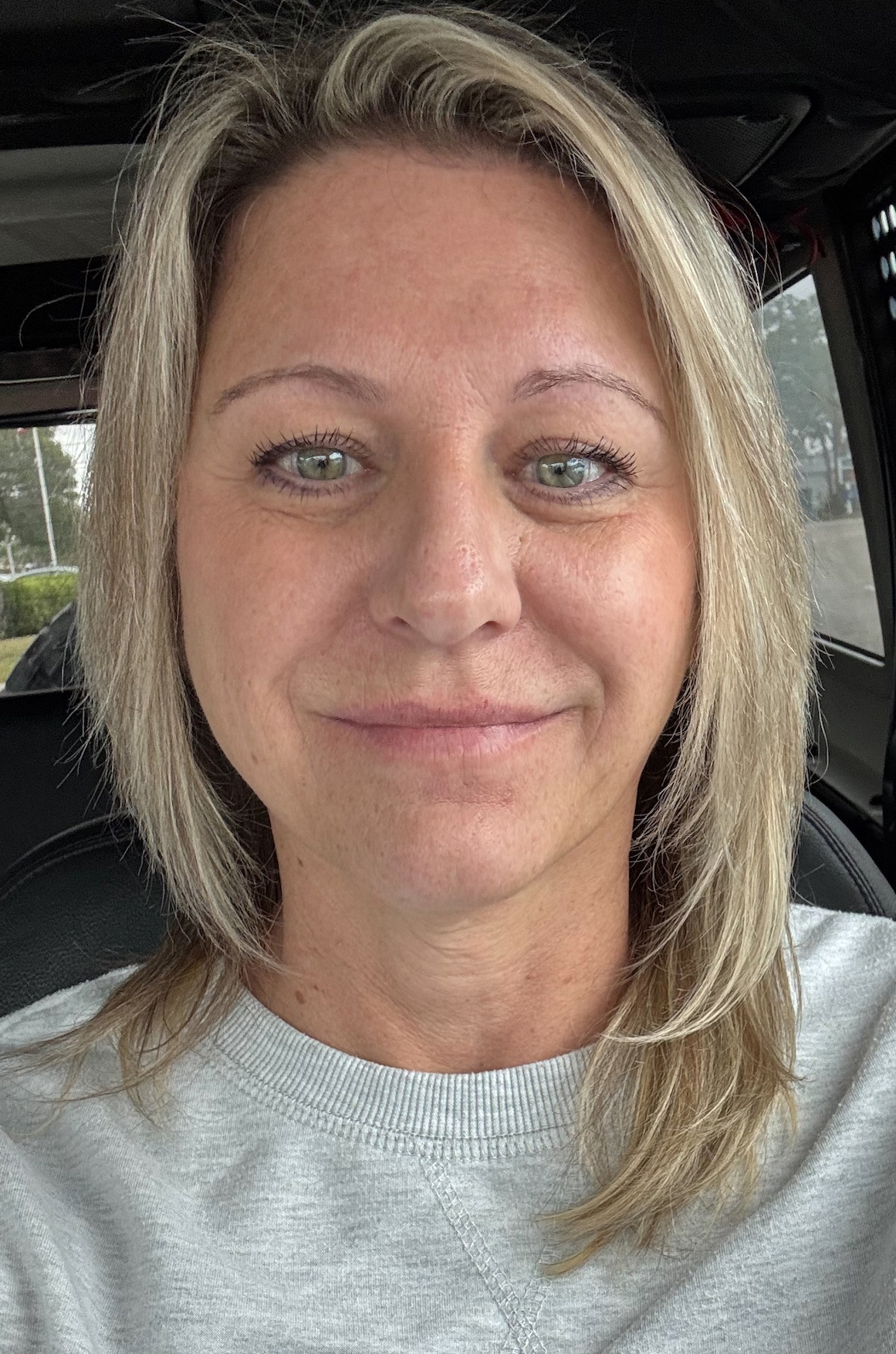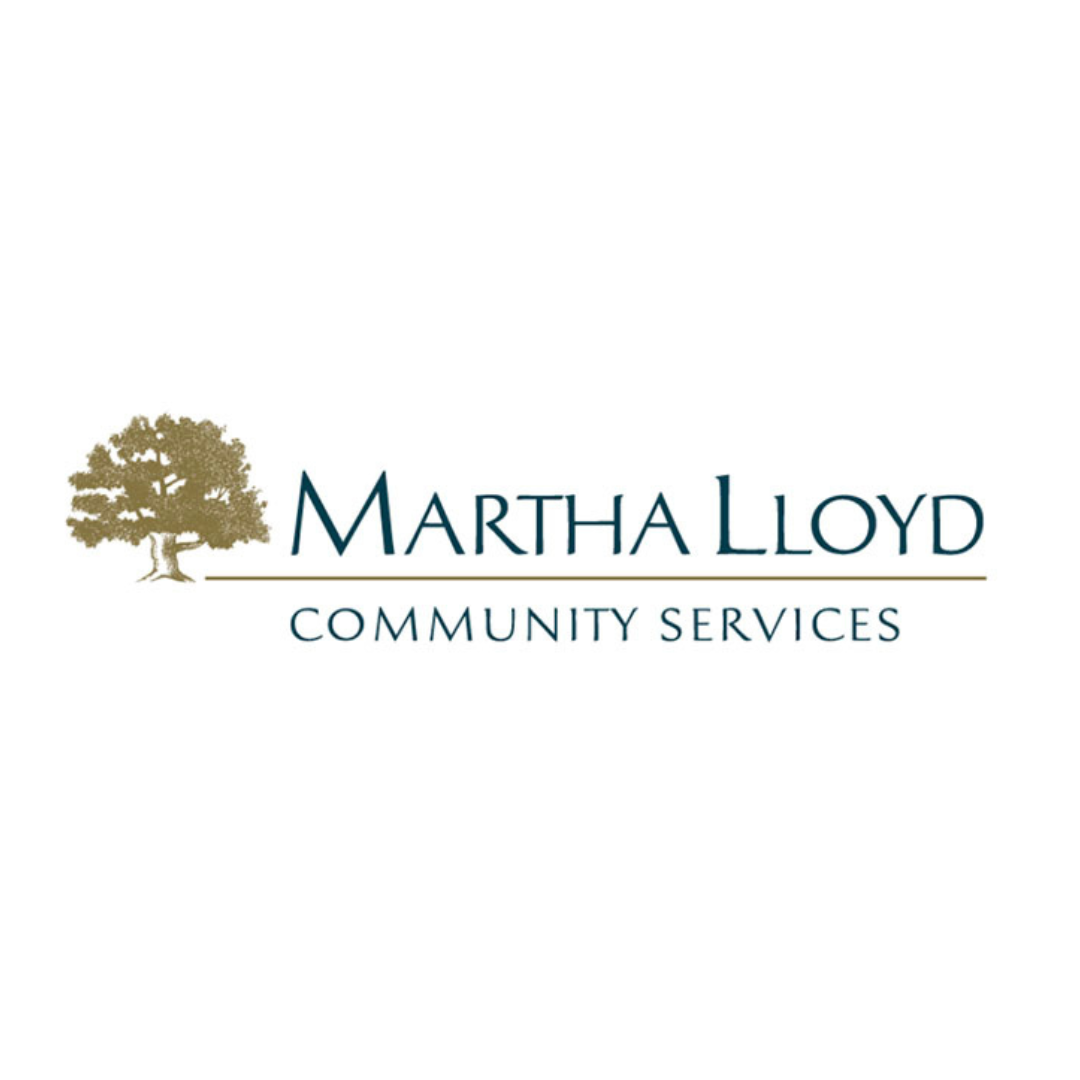
Q: How long have you been an Ukeru trainer?
A: 3 Years
Q: What population do you work with? What inspired you to get into this field?
A: I have been an Ukeru trainer for three years. During that time, I have had the privilege of working primarily with students in special education, many of whom experience complex emotional and behavioral challenges. What initially inspired me to enter this field was a deep-rooted desire to ensure that all students—regardless of their backgrounds or needs—feel safe, supported, and genuinely valued. I believe that creating trauma-informed environments is not just best practice; it is a moral imperative.
Q: What part of Ukeru do you enjoy teaching the most and why?
A: One of the parts of Ukeru I most enjoy teaching is the concept of Comfort vs Control. It is incredibly rewarding to help others see that connection and safety can be far more effective than compliance-based approaches. Watching educators and staff shift their perspectives and begin to truly understand the power of empathy is one of the most fulfilling aspects of my work.
Q: What would you say to someone who is unsure about using Ukeru?
A: To someone who may be unsure about using Ukeru, I would encourage them to keep an open mind and be willing to reimagine how we support individuals in crisis. Ukeru is not just a training—it’s a mindset and a philosophy centered around dignity, compassion, and safety. It provides practical tools that lead to meaningful changes in how we interact and build trust with those we serve.
Q: What advice or tip would you give to a new Ukeru trainer?
A: For new Ukeru trainers, my best advice is to stay grounded in your purpose and the core values of Ukeru. Remember that change takes time, and your passion will inspire others. Be patient with yourself and those you train. Your role is not just to deliver content, but to model what trauma-informed care truly looks like in action.
Q: How has Ukeru impacted your life?
A: Personally, Ukeru has had a profound impact on my life. It has changed the way I view behavior, relationships, and leadership. I’ve learned to listen more deeply, respond with empathy, and prioritize connection in both my professional and personal life. Ukeru has made me a better educator, a better colleague, and a more compassionate individual overall.
Q: What is your favorite quote or a motto that you like to live by?
A: A quote that I try to live by is from Maya Angelou: “People will forget what you said, people will forget what you did, but people will never forget how you made them feel.” This sentiment perfectly reflects the heart of Ukeru’s mission.
Q: What three words would you use to describe Ukeru?
A: If I were to describe Ukeru in three words, they would be: compassionate, empowering, and transformative.




